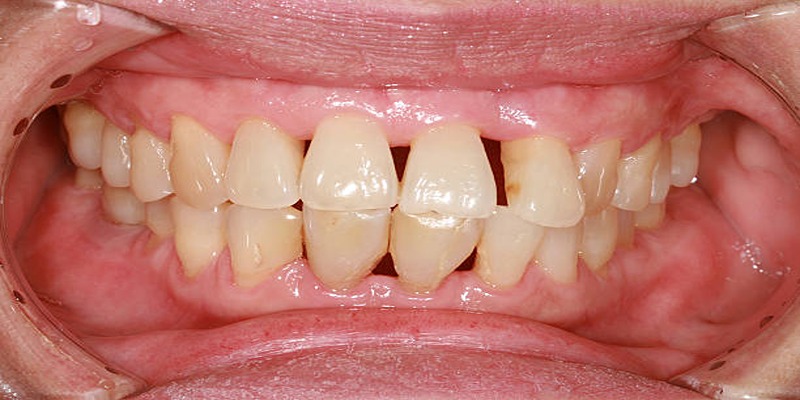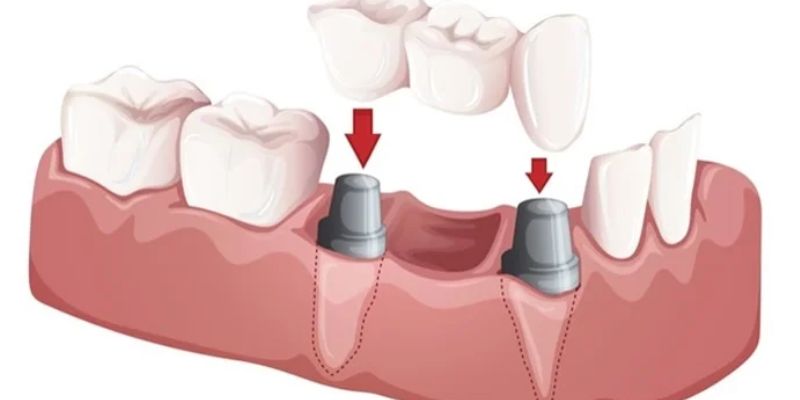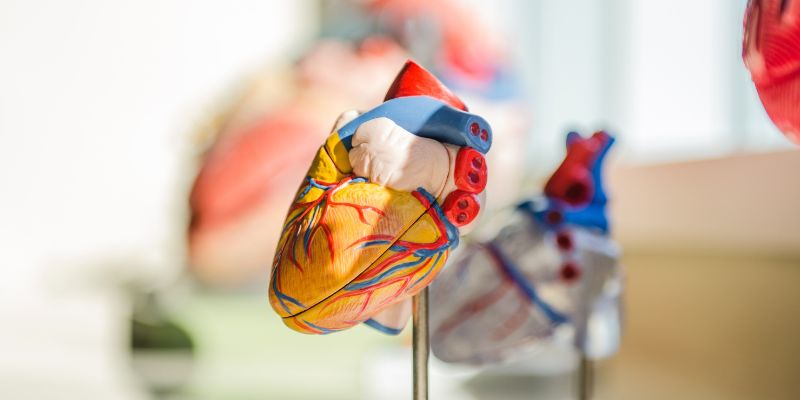Understanding and Managing the 7 Symptoms of Caffeine Withdrawal
2023-10-19 08:00:00 By Madison Evans
Do you rely on your daily dose of caffeine to get through the day? If so, it’s likely that you will experience some level of withdrawal when forgoing this habit. Whether occasional or chronic, symptoms of caffeine withdrawal can be disruptive and difficult to manage without understanding what is causing them. In this blog post, we will explore the seven most common symptoms associated with caffeine withdrawal and provide practical advice on how to minimize their impact. So if you're looking for a better understanding of why cutting back on coffee causes certain reactions in your body—and strategies for easing into a more moderate mindset—look no further!
Identifying the Symptoms of Caffeine Withdrawal:
Caffeine withdrawal can be tough to deal with, and it's important to know the symptoms so you can address them effectively. Some common signs include;
- Headaches
- Fatigue
- Irritability
- Difficulty concentrating
- Nausea
- Low Energy
- Changes in Mood
These symptoms can be challenging to manage, and may even interfere with your daily routine. It's important to remember that caffeine withdrawal is a temporary condition that will pass with time. If you're struggling to cope with the symptoms, there are strategies that can help alleviate your discomfort.
Headaches:
Headaches are a common symptom of caffeine withdrawal. To reduce the intensity of the discomfort, it is important to stay hydrated and take regular breaks throughout the day. If you find that your headaches persist, consider taking an over-the-counter pain reliever such as ibuprofen or acetaminophen.
Fatigue:

If you're feeling more tired than usual as a result of caffeine withdrawal, it is important to get adequate rest. Make sure to go to bed at a reasonable hour each night and avoid using electronic devices before trying to sleep. Try setting aside some time for physical activities or relaxation techniques like yoga or tai chi that can help improve your energy levels naturally.
Irritability:
If you're feeling more snippy than usual as a result of caffeine withdrawal, it might help to set aside some time for yourself each day. This could mean taking a few moments of quiet reflection or going on a walk to clear your head. Make sure that your diet is well balanced and includes plenty of complex carbohydrates which can help regulate mood and energy levels.
Difficulty in Concentration:
If you find yourself struggling to focus on tasks due to caffeine withdrawal, try switching up your routine. Take regular breaks throughout the day and incorporate activities that can help stimulate your mind like crosswords or puzzles. Make sure that you're getting adequate rest each night which can help improve cognitive performance during the day.
Nausea:
If you find yourself feeling queasy as a result of caffeine withdrawal, make sure to eat regularly throughout the day. Avoid heavy or greasy foods which can worsen nausea and opt for lighter options like fruit, vegetables, and whole grains. You may also benefit from taking an over-the-counter anti-nausea medication such as Pepto Bismol or Zofran.
Low Energy:
If you're feeling more sluggish than usual due to caffeine withdrawal, it is important to get adequate rest and proper nutrition. Regular exercise can also help promote better energy levels throughout the day so try incorporating some form of physical activity into your routine. Avoid sugary snacks or drinks which can give you an initial surge of energy but leave you feeling depleted afterwards.
Changes in Mood:
If you're feeling more emotional than usual due to caffeine withdrawal, try talking to a friend or family member about how you’re feeling. Take some time for yourself each day and do something that brings you joy such as reading a book or going on a walk. You may also benefit from speaking with a mental health professional who can provide strategies for managing your emotions.
Causes of Caffeine Withdrawal:

Caffeine is the most widely consumed psychoactive substance world-wide, with coffee being a primary source of it. It can lead to various physiological effects such as increased alertness, improved mood, and enhanced cognitive abilities. Regular consumption of caffeine can also lead to caffeine dependency.
Conclusion:
Despite the many benefits coffee and energy drinks offer, it's important to remember that too much of anything can be a bad thing. Not only can an excessive intake of caffeine lead to unpleasant withdrawal symptoms, but it can also increase your risk of developing chronic diseases. The best way to avoid caffeine-related withdrawal is by monitoring your consumption and consuming natural alternatives when possible. Consuming ample amounts of water and getting regular exercise are key strategies for dealing with headaches and fatigue as well.








